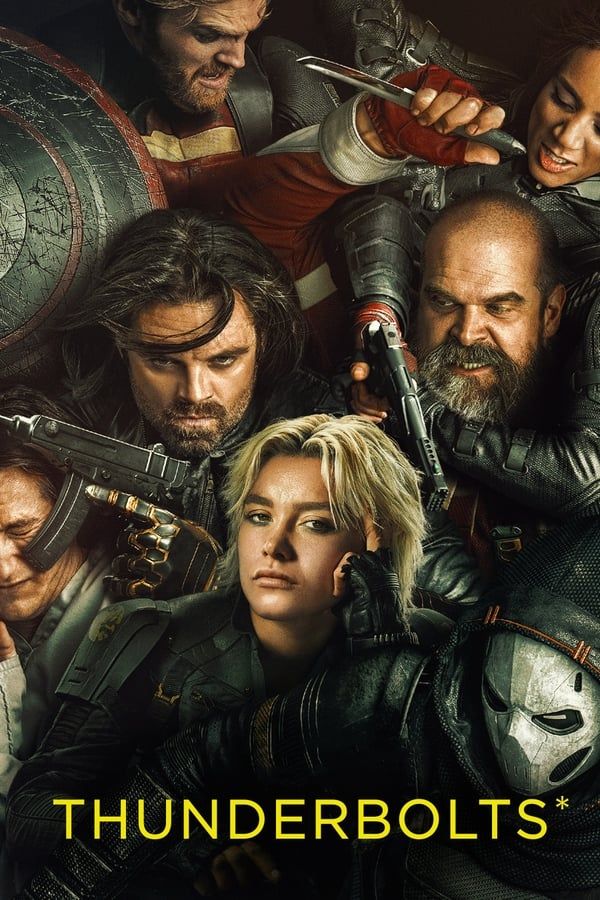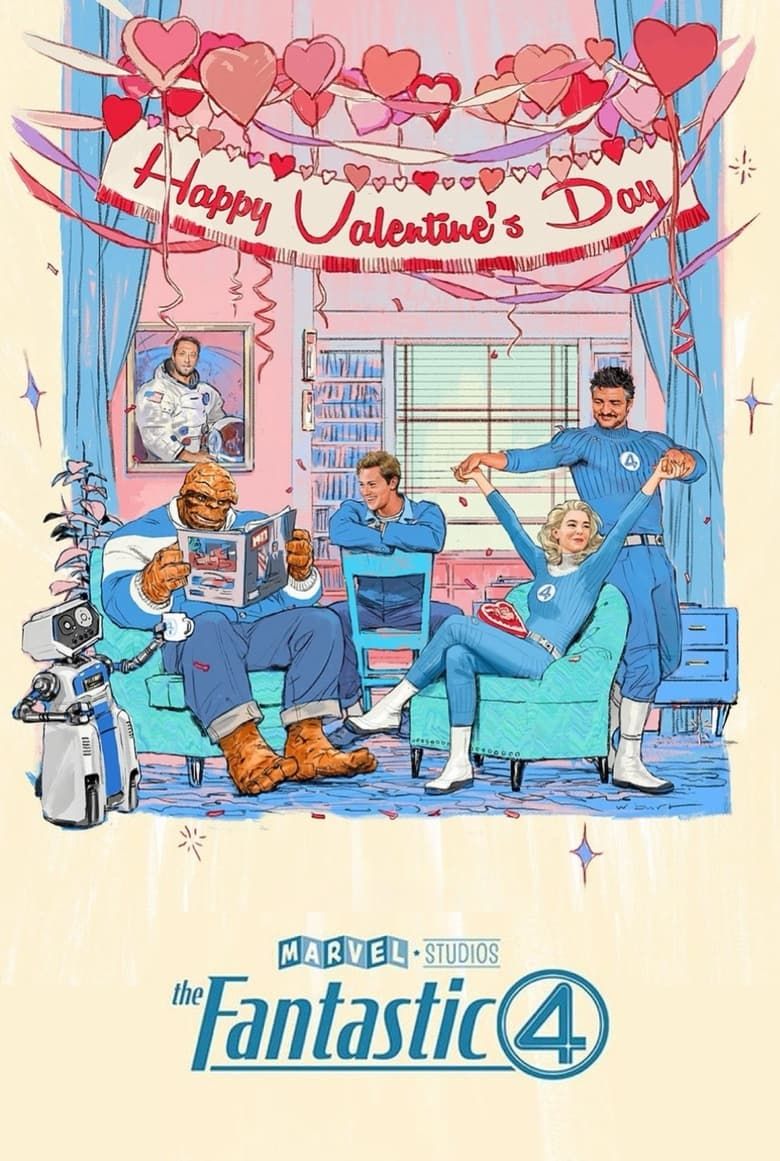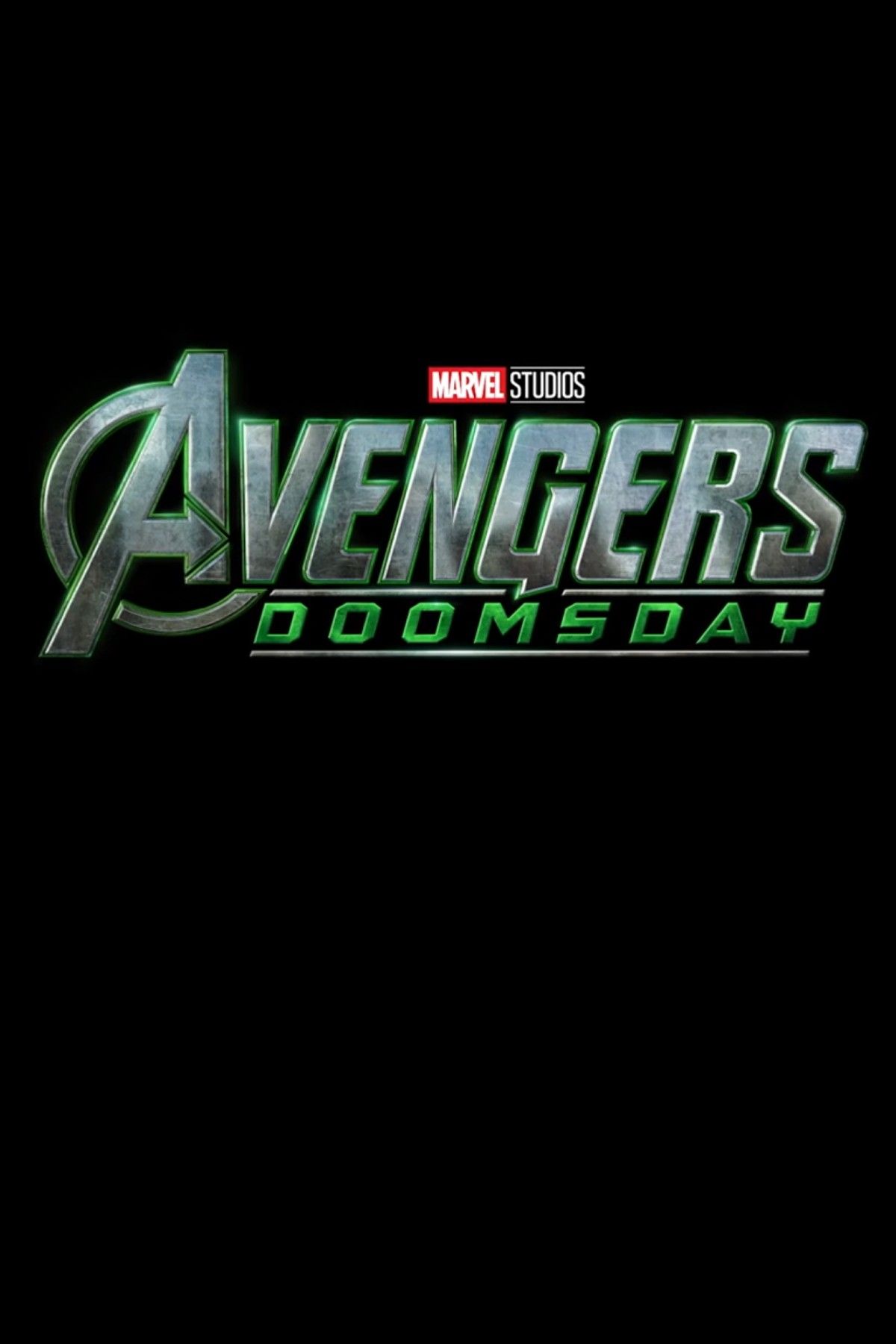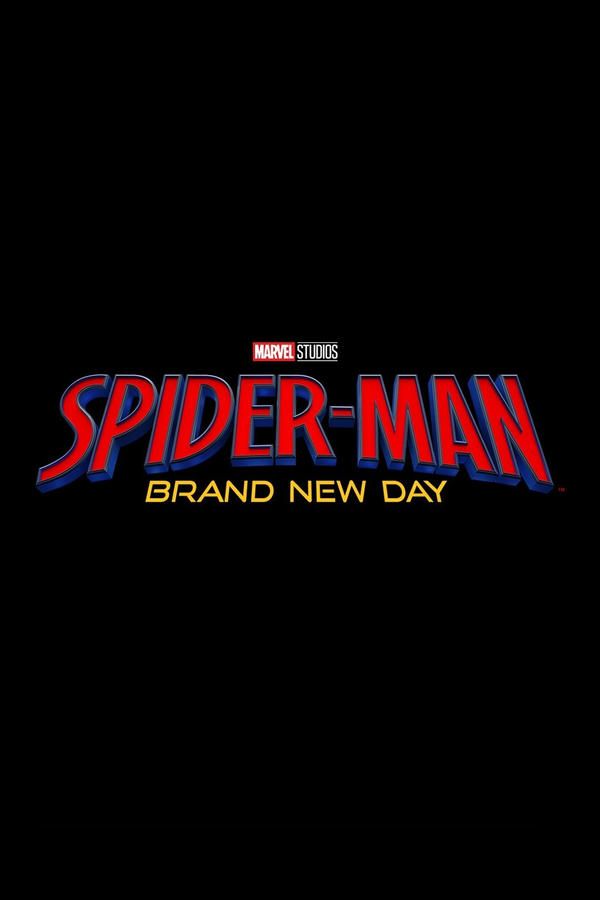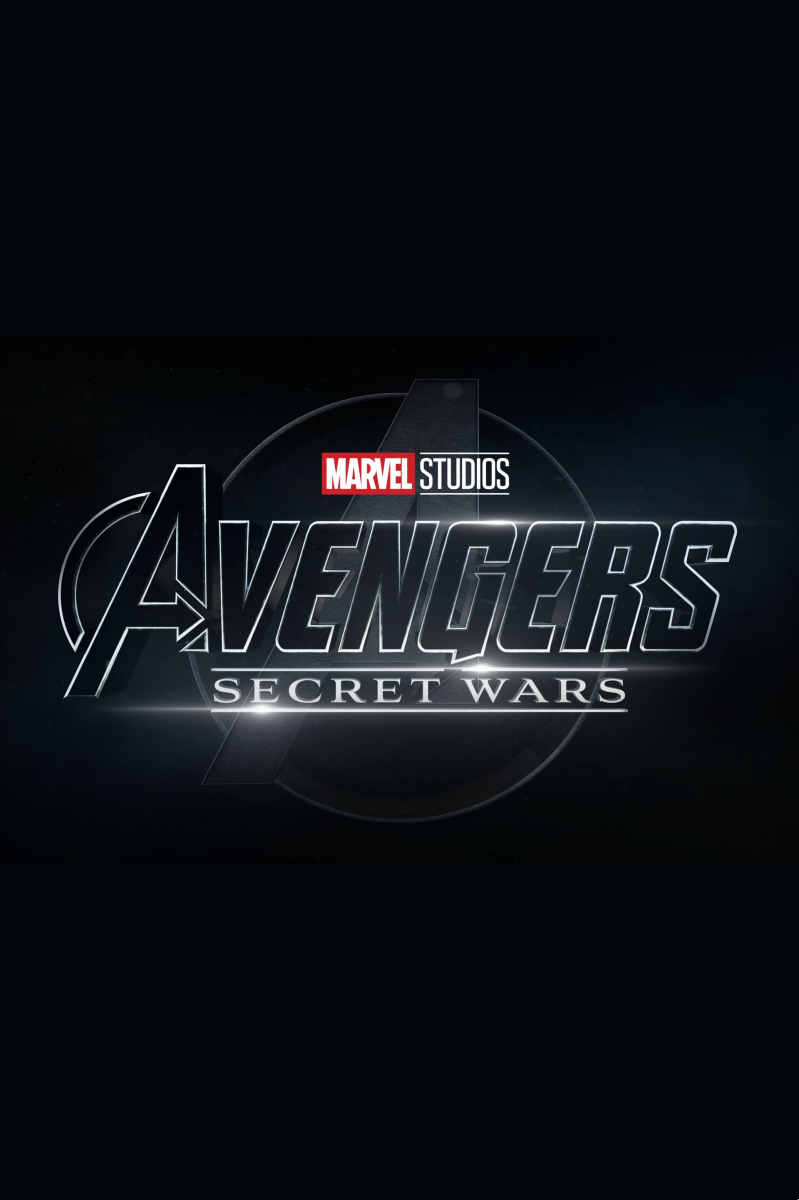Warning: This article contains spoilers for Thunderbolts*.
Unused MCU plans are often some of the most fascinating parts of the franchise, and the news that Thunderbolts* almost had two different villains in its story only reinforces that idea to me. The cast of Thunderbolts* is one of the MCU’s more expansive, with the movie balancing a considerable main cast alongside a number of other crucial characters. That said, it turns out there were previous plans for one other familiar face to make an appearance in the MCU timeline here once again – and also plans for another Thunderbolts* character to take a far darker path than we saw.
Given the movie has maintained some solid critic scores – as evidenced by Rotten Tomatoes – and looks set to built towards a fascinating future based on the implications of the Thunderbolts* ending and major post-credits scene, it’s safe to say that not following these story paths hasn’t harmed the release. However, the idea that we could have watched a version of the movie with some very different villain combinations – and some very different storylines as a result – is still undeniably fascinating.
The MCU’s Thunderbolts* Story Has Two Villains Who Serve Very Different Purposes
Thunderbolts* Manages More Than One Antagonist In Its Story
The story of Thunderbolts* showcases two villains who serve very different plot purposes in its story. The Void is the most obvious villain in the movie, given that the character exists as a manifestation of mental turmoil and an inner “void”, and immediately traps a chunk of New York in a horrifying other plane of existence where everyone is forced to confront their biggest traumas – which is some pretty intense antagonism, and makes the Void into the figure the then-Thunderbolts need to beat in order to escape the film as unscathed as possible.
However, the Void is technically not the main villain of the film, despite being a shadowy force of evil who wishes seemingly only to make others suffer. Instead, the central antagonist of the story is that of the more long-term Marvel character Contessa Valentina Allegra de Fontaine, who it’s revealed has been separately hiring the various members of the main cast (bar Red Guardian and Bucky), and who sends them to kill each other at the start of the movie to tie up loose ends and ensure the investigations into her shady dealings are unsuccessful.
It’s Valentina who’s responsible for making Bob into Sentry, and also for the fact the Void appears in the movie, since the character is essentially the evil alter ego of the powerful MCU hero. Despite knowing that Bob is a volatile candidate for an official hero role at this time, Valentina pressures him into becoming Sentry, and then attempts to hide her role in the chaos that is subsequently unleashed on New York by dubbing the team that rescue the city the New Avengers – which works, but certainly doesn’t make her seem any less opportunistic by the film’s end.
Thunderbolts* Almost Had Two Other Villains In Its Story
Baron Zemo Was Previously Considered For The MCU Movie, & John Walker Almost Had A Very Different Role
Given how well having the Void and Valentina as the villains of Thunderbolts* works, it’d be fair to ᴀssume that the specific idea of the pair being the antagonists of the story had been the plan from day one. However, this isn’t the case, as interviews about the movie have revealed that two other major MCU characters were considered for villain roles as well – namely, that of Captain America: Civil War villain Baron Zemo, and Thunderbolts* movie protagonist John Walker, who was also considered for a potentially more antagonistic role.
In an interview with ScreenRant, Eric Pearson – writer for Thunderbolts* and several other notable MCU projects – commented on his memories about previous Thunderbolts* story concepts had Baron Zemo as the architect behind the events of the film. Pearson stated:
“I think there was a version of a tag written a long time ago, kind of revealing who’s behind it all. It was revealed that Baron Zemo was pulling some strings from prison or whatever. I might be just inventing things now, but I feel like there might’ve been a version where a tag where Zemo had broken out and swapped places with someone – maybe Valentina’s ᴀssistant – and he was working with a Widow mask.”
With Zemo being last shown as having once again been captured and set to return to the Raft in The Falcon & The Winter Soldier, either of these story avenues would have made sense for the character’s arc, and would have reinforced the idea of him as one of the characters often orchestrating events while others are none the wiser. That said, tying Zemo to the New Avengers would have risked making the team feel less heroic, and tying him to just Valentina or Sentry would have risked taking away from their stories, or otherwise making them more complex than they necessarily needed to be.
On the other side of things, the idea of John Walker being one of the villains of Thunderbolts* is all the more interesting because he already appears in the movie as one of the members of the core cast that go on to become the New Avengers. With that said, Pearson also revealed in an interview with The Hollywood Reporter that previous versions of the story had Walker taking on the role of the antagonist who needs to be talked down by his allies instead of Sentry, stating:
“I really, really wanted to end the third act with a hug, with an emotional moment, as opposed to a beating into submission. So there were a lot of versions where Valentina had planted this kind of timebomb inside John Walker, and the goal was to make him the most unlikeable person on the team. He then becomes the monster, and they have to talk him down. It didn’t ever totally work.”
Why Thunderbolts* Didn’t Make John Walker A Villain Or Include Baron Zemo In Its Story
The Reasoning Behind Not Having Either Of These Characters Be Villains Makes A Lot Of Sense
The idea that John Walker was initially given the Thunderbolts* ending “monster” story that would go on to become Bob and the Void’s storyline means it makes a lot of sense that the concept of him being an antagonist in the final part of the film was dropped. Thunderbolts* is able to address Walker’s inner demons without making him the focal character the team have to talk down, and adding Sentry in for this role adds a lot to the movie and to the core emotional arcs of the main characters, as they bond together to try and help Bob.
Similar reasoning appears to also be behind the decision to not include Baron Zemo in the final version of the movie. Indeed, Pearson explained that “Sometimes people think that we’re zagging on purpose, and it’s like, ‘No, we know that Zemo is very integral to a different story version of them.’ He’s part of putting them together, and we negated the need for that with our very premise… Yelena was central, and all of these people find their way through Yelena. And then we were introducing Bob as well, so he just didn’t fit. We didn’t want to just have a feathered fish.“
Baron Zemo’s main reason for being needed in the story being erased means including him would’ve arguably felt like it was for the sake of having another MCU character return in Thunderbolts*, which could have weakened the overall movie by adding a needless bonus character into a film that already had to balance so many arcs and narratives at once. As such, not having Walker or Zemo appear as antagonists in Thunderbolts* looks like it may have been for the best, even if it’s fascinating to think of what could have been if these story routes had been taken.
Upcoming MCU Movies
-
Thunderbolts*
-
The Fantastic Four: First Steps
-
Avengers: Doomsday
-
Spider-Man: Brand New Day
-
Avengers: Secret Wars
